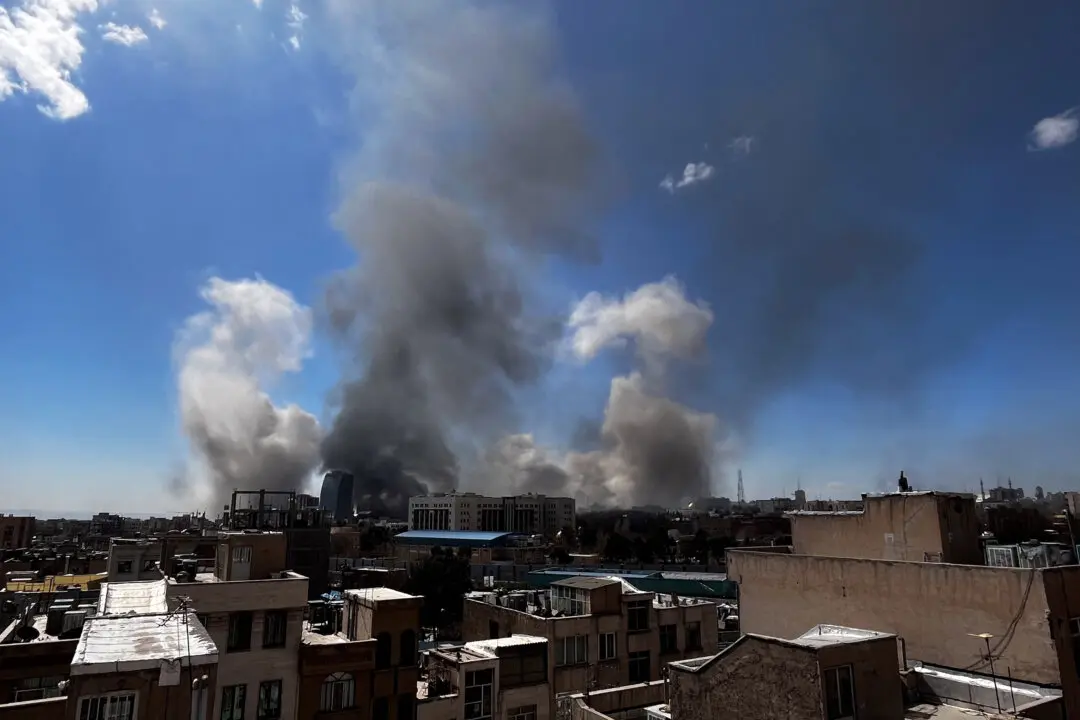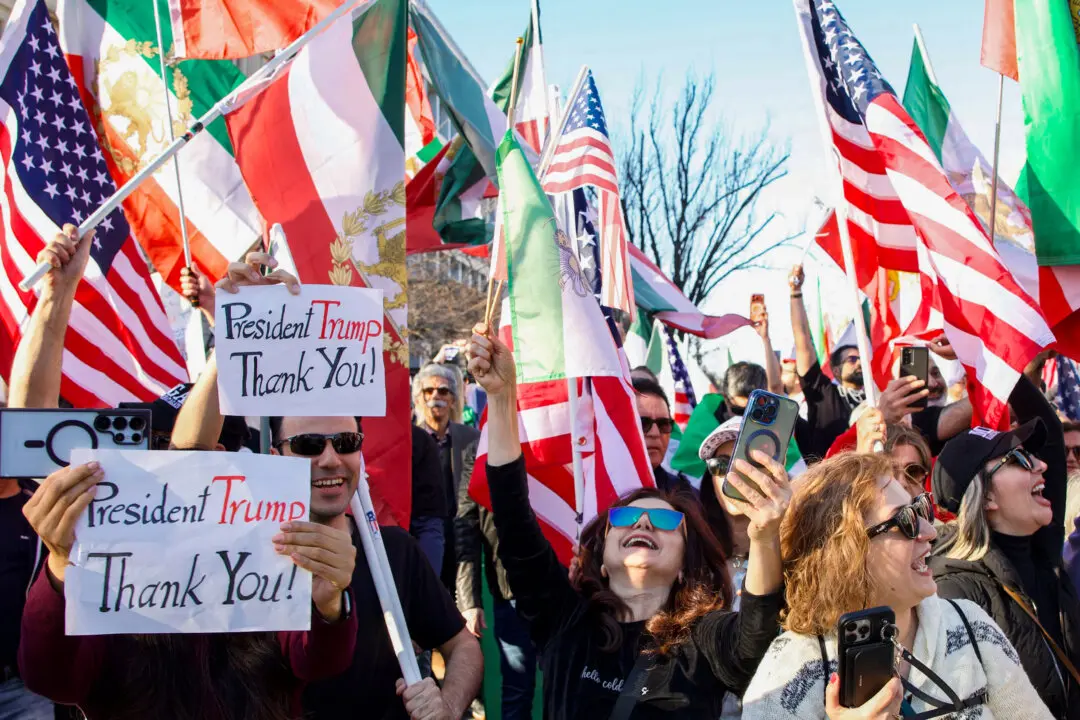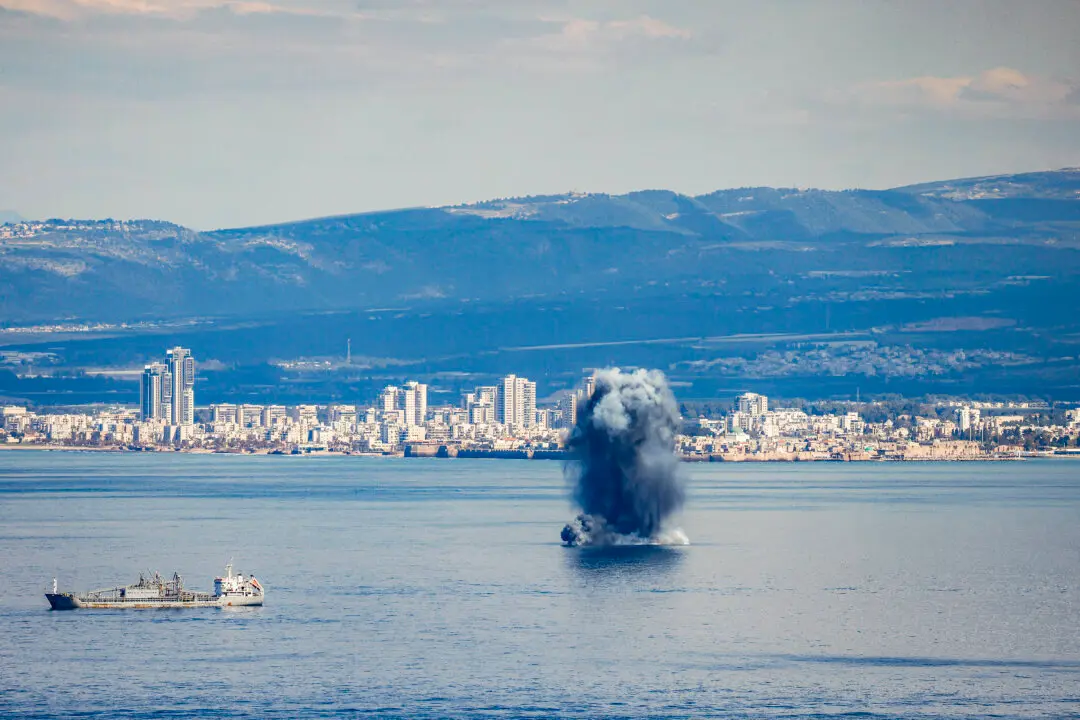The latest on the Russia–Ukraine crisis, May 19. Click here for updates from May 18.
US to Ship $100 Million in Military Aid to Ukraine
The United States has announced a shipment of $100 million in military equipment to Ukraine, separate from what will be coming from the $40 billion approved Thursday by Congress.The latest package includes 18 more howitzers as well as anti-artillery radar systems, both of which the United States has provided to Ukraine already since Russia invaded Ukraine on Feb. 24. Pentagon press secretary John Kirby said the equipment will be in the hands of Ukrainian forces “very, very soon.”





